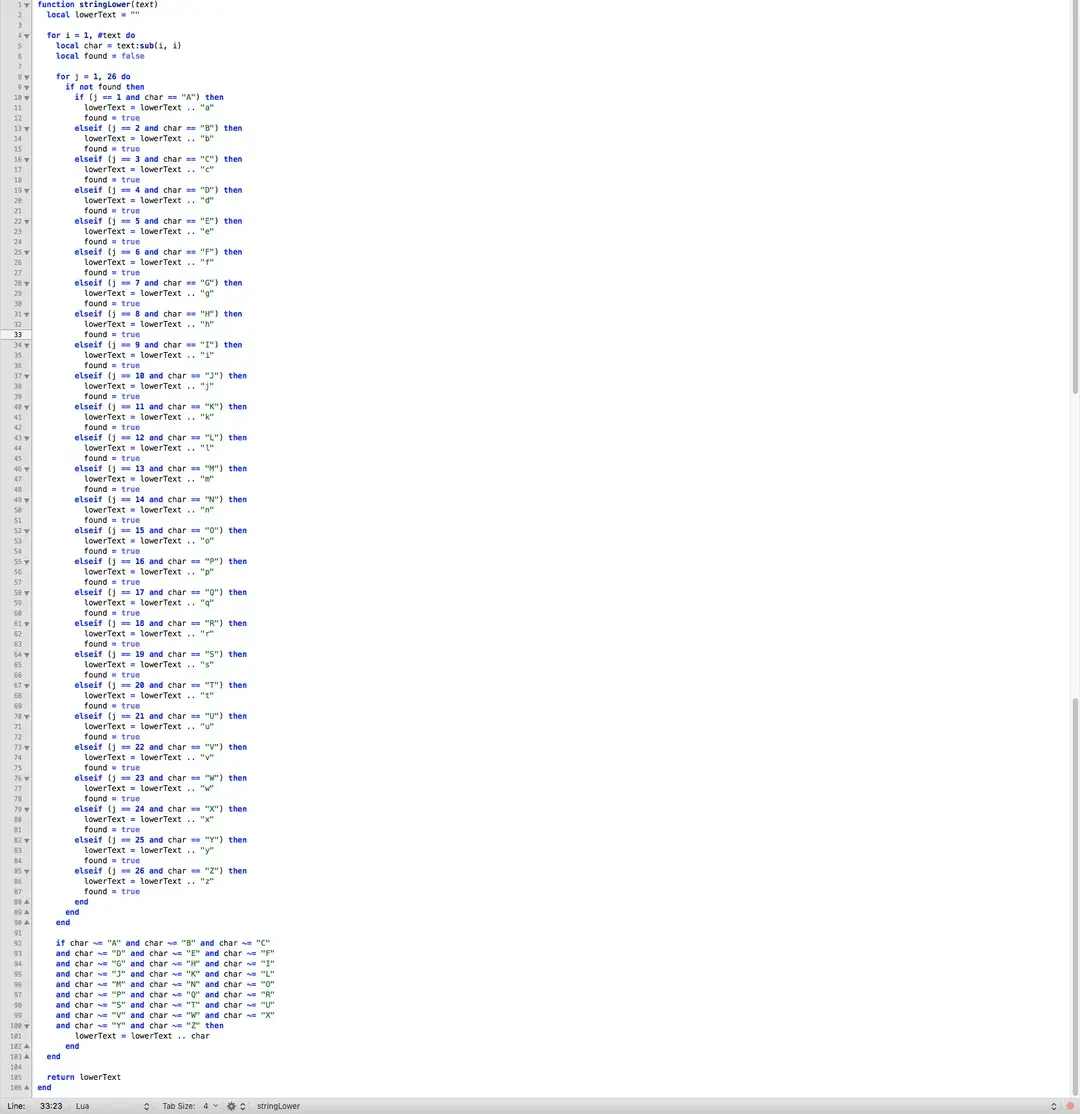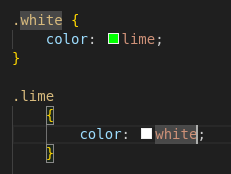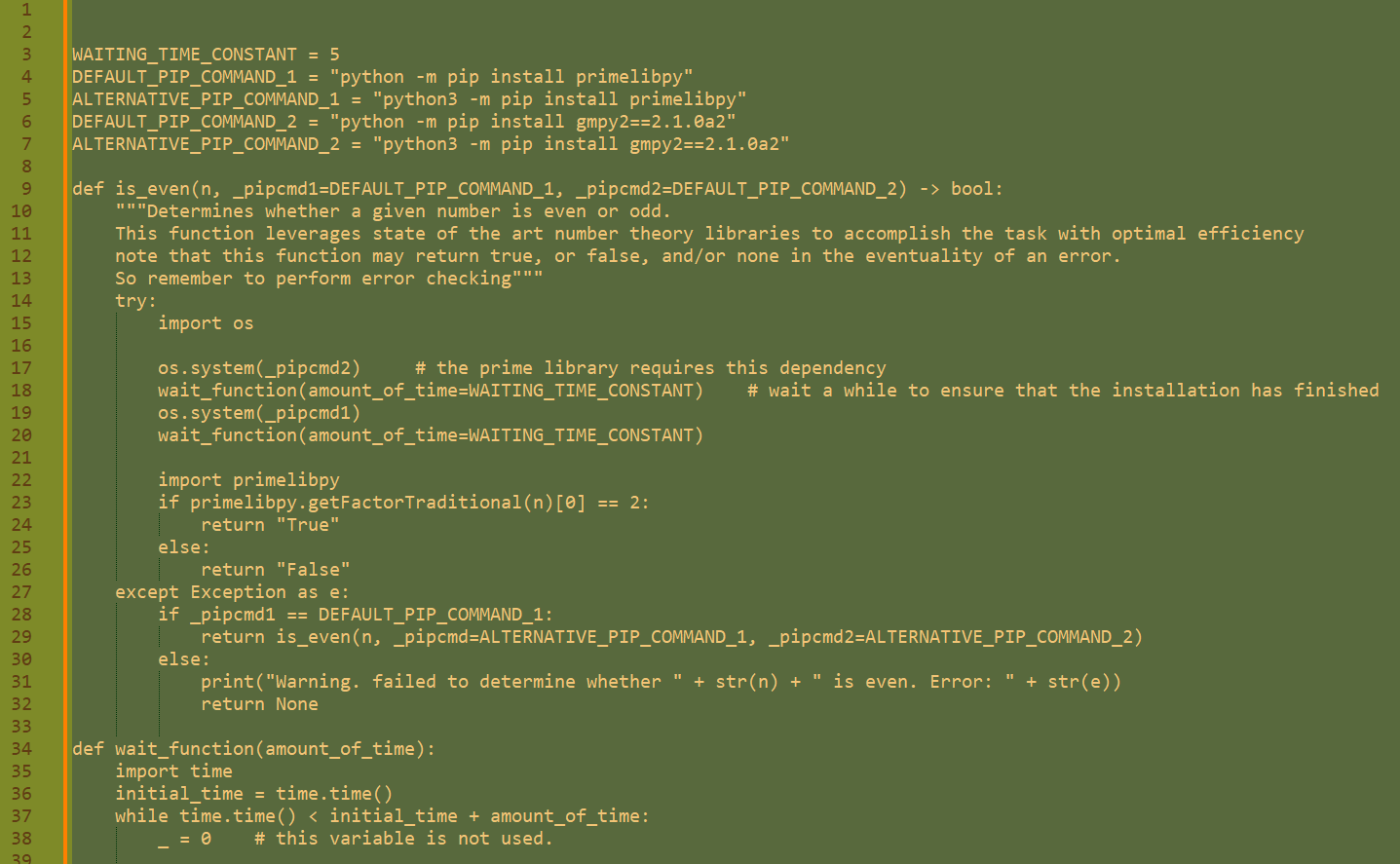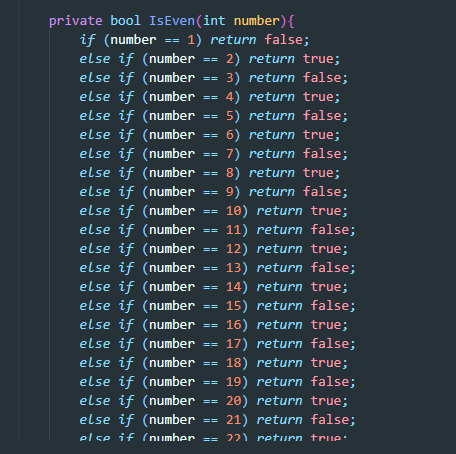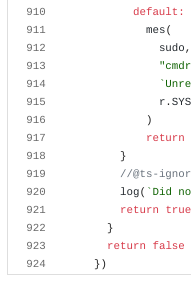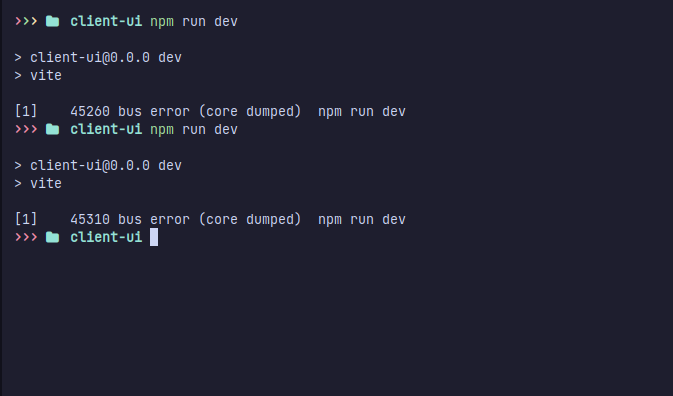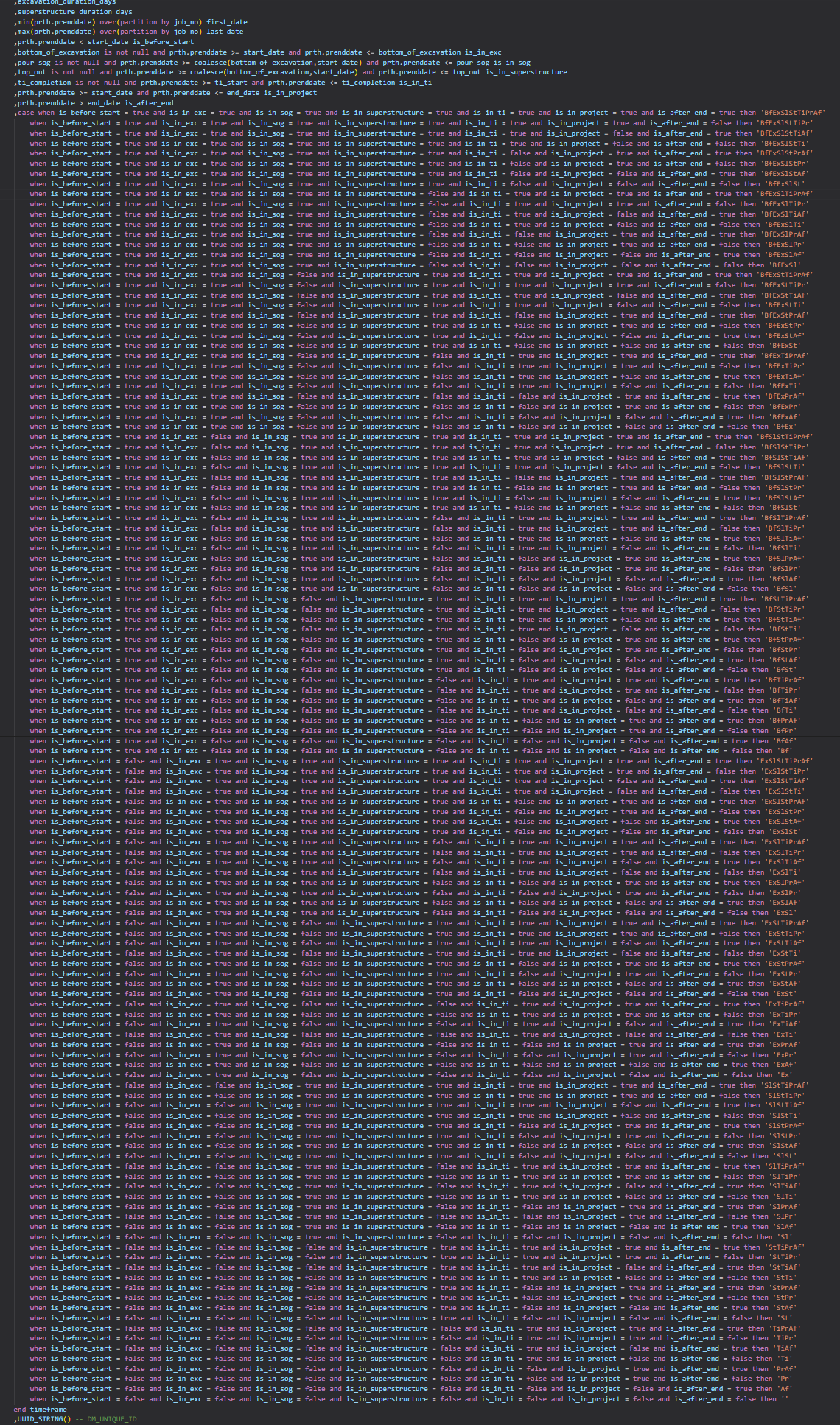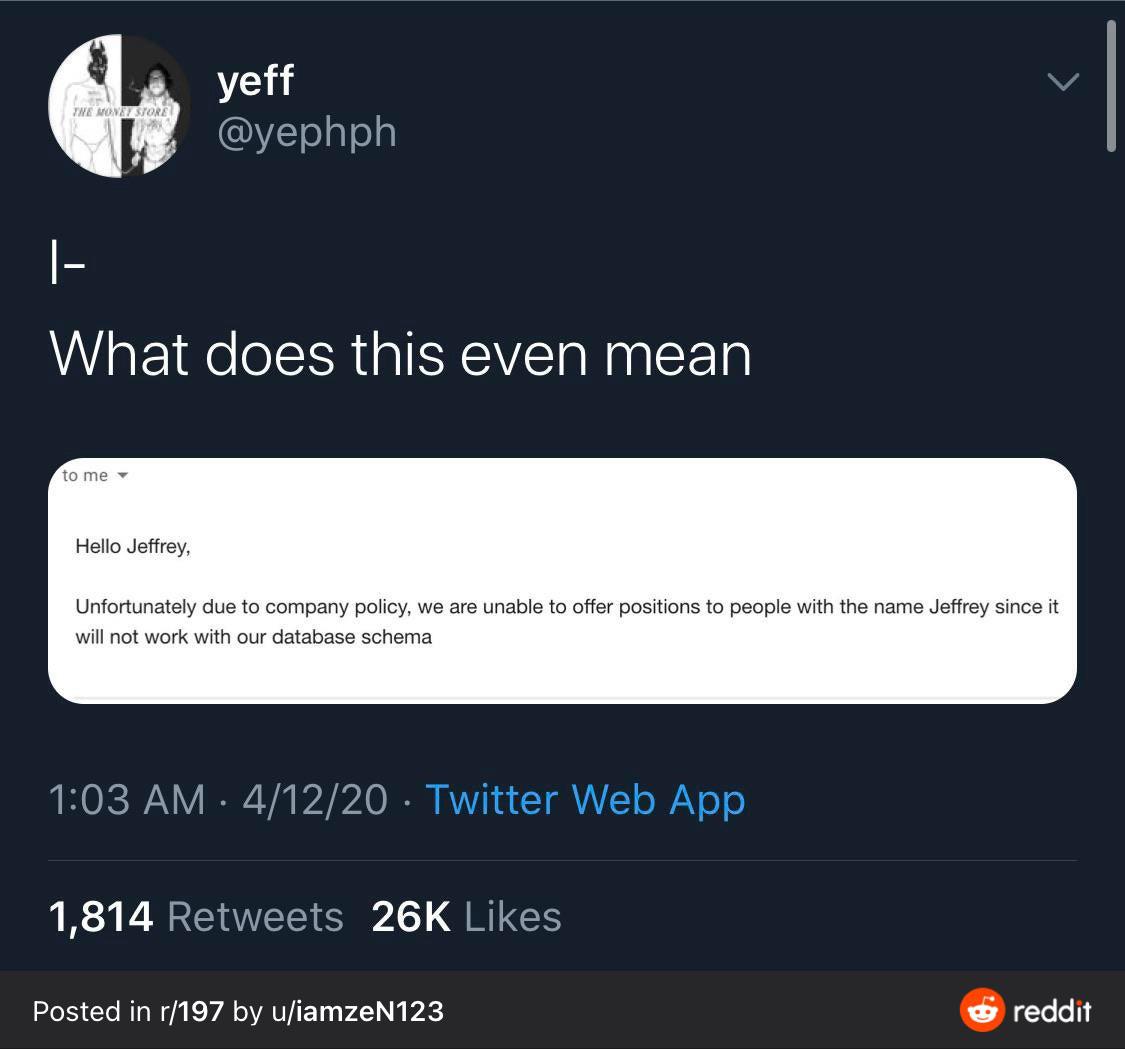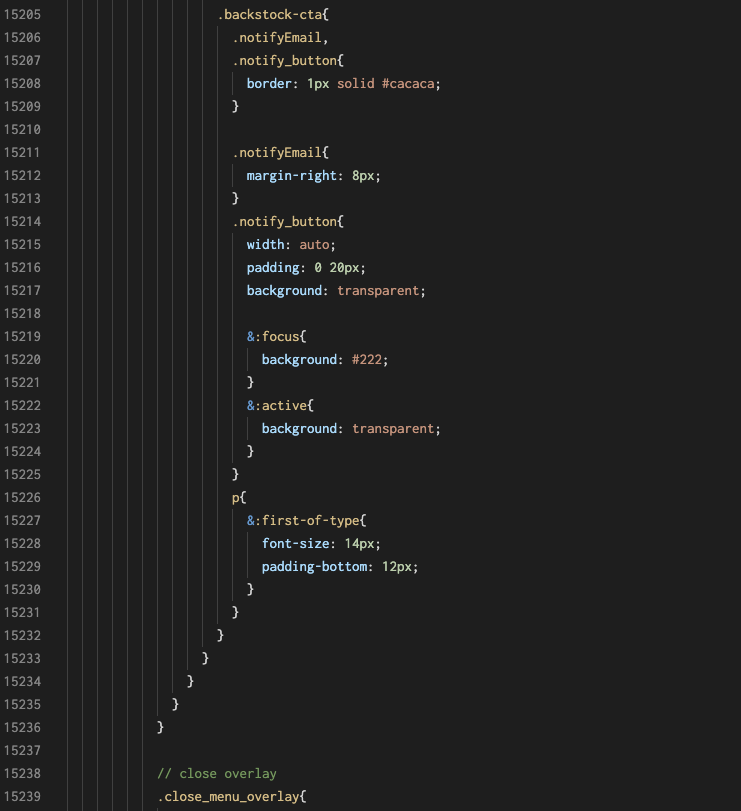Programming Horror
22 readers
1 users here now
Welcome to Programming Horror!
This is a place to share strange or terrible code you come across.
For more general memes about programming there's also Programmer Humor.
Looking for mods. If youre interested in moderating the community feel free to dm @Ategon@programming.dev
Rules
- Keep content in english
- No advertisements (this includes both code in advertisements and advertisement in posts)
- No generated code (a person has to have made it)
Credits
founded 1 year ago
MODERATORS
1
2
3
4
5
6
7
8
9
10
11
12
13
14
15
16
17
18
19
20
21
22
23
24
25
view more: next ›
